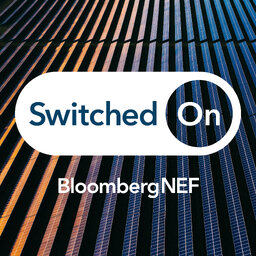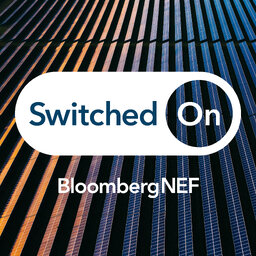The world is focused on net zero. Yet some companies, like Australian mining giant Fortescue, have set their sights higher, and are now aiming for ‘real zero’. On today’s show, we bring you an interview from the recent BNEF Summit Shanghai, where Fortescue Founder and Executive Chairman Andrew Forrest sat down with Leonard Quong, BNEF’s Head of Australia Research, to talk about green hydrogen, green iron ore, and why real zero is good for people, the planet and the bottom line.
Today’s episode was recorded live at BNEF Summit Shanghai. To learn more about our Summits and to listen to more interviews, please visit https://about.bnef.com/summit/
In 1 playlist(s)
Switched On
The future of energy, transport, sustainability and more, as told by BNEF analysts. Each week, Dana …Social links
Follow podcast
Recent clips

How Co-Located Batteries Are Reshaping Solar’s Future
31:01

Power Grid Spending Surges But Capacity Still Lags
28:41

AI’s Tilt from Clean Power to Gas: Analyst Reaction
12:10
 Switched On
Switched On